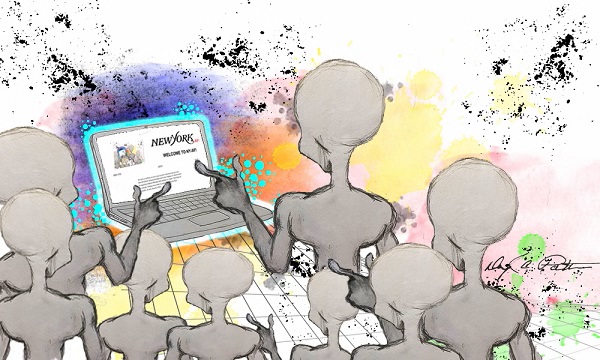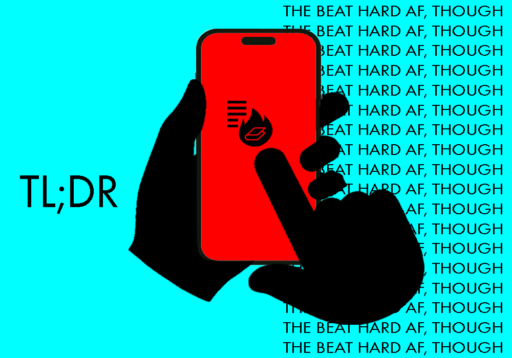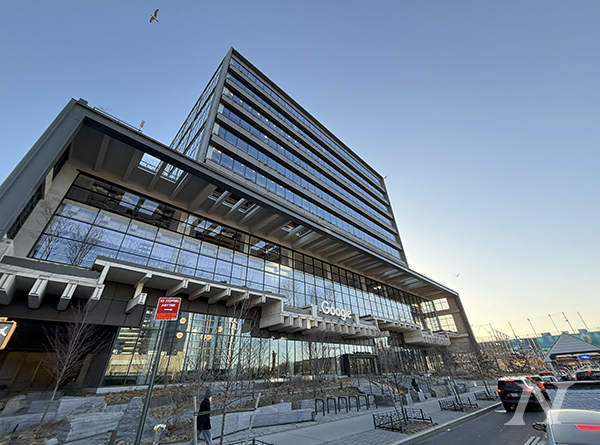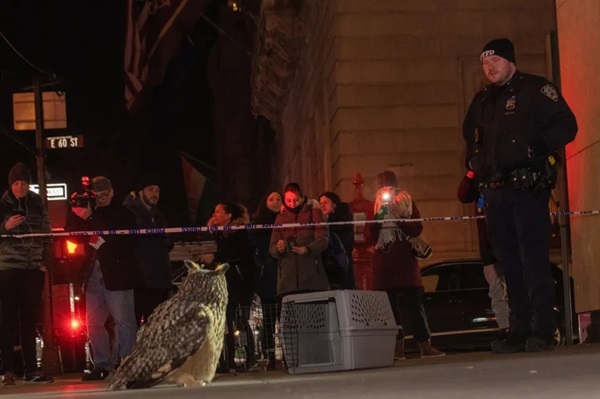


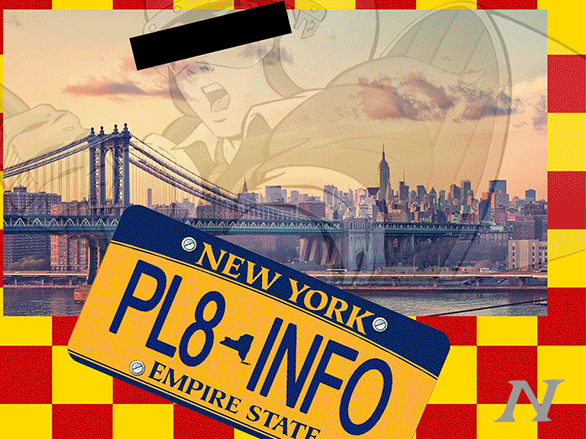
Traffic stops are the best strategy the NYPD suggested to City Council on Monday to catch “ghost cars.” By that, they mean vehicles with fake license plates to elude tolls, tickets, and the police. New York City has over 8 million residents and more than 4 million cars on its roadways. Getting these vehicles off the streets has become more of a crisis than a controversy. And some feel that the NYPD isn’t doing enough.
But in reality, what more can you expect them to do? The NYPD already uses license plate reader technology (or LPRs for short). They are systems that check whether the plates link to illegal activity. The New York State DMV tickets people using bogus plates and records. What about more public awareness and harsher penalties? What about collaborating with other agencies? These things already happen.
It’s that having over 8 million residents and more than 4 million cars is a lot of privacy and civil liberties. Especially when the NYPD’s relationship with the city it serves is so strained. About 41% of New York City wants to defund (or reduce) the police department. Their reasoning is due to recurring incidents of alleged brutality and racial biases. People of New York City seem to want to try a more neighborhood-based approach to public safety now.
And it is not as simple as them trying to outright say, “fuck the police” without good reason, either. You can attribute it to the intricacy of issues presenting systemic challenges. The most difficult of them are inadequate training and cultural biases of some sort. Having sued the NYPD not long ago, I have a pretty good idea about the emotional essence of this expression. And my situation happened before New York City banned qualified immunity. Me seeking justice was far more difficult than it is now. I can tell you that it involves years of tumultuous mental torment. To deal with such audacity gnaws away at the integrity of your cultural tolerance. You’re participating in a system that they know evolved to not work in your favor but theirs. It’s a lack of accountability.
What people are trying to say is, fuck the ones who misconstrue “protect and serve.” Fuck the ones who disadvantage and abuse. The ones who feel that they are above the law because they do not have to justify their actions. They have no defenders because most of their critics are voiceless—invisible. They’re not strong enough to endure the exhaustive interim of challenging it. Within the system, at least. The cops doing this know that they are. They know who they are. We in the city know who they are. So do their friends, family, and colleagues. Do you want to go out of your way to help someone who blurs that line with willful ignorance and still gets a paycheck? Especially when there is racism or social bias involved. One year, this kind of protection cost $6 billion. It is almost as if cops of this kind have weaponized this. And not only that, they ride around with flags and other iconography affirming support of it. It is methodical and stomach-churning. What a piece of shit mentality to have. As a tax-paying citizen, it is a very frustrating situation. Be that as it may, there’s a flip side to this.
Are you okay going out of your way to slight the police so much that it keeps these “ghost cars” on the streets? I get it. When you’re young, it’s an easy “yes.” When you’re a parent, have loved ones you care about, or both, it’s complicated. That is coming from a once youthful, rebellious bicyclist—and messenger. I’ve known and lost very cool people who’ve lost their lives in traffic accidents. Both bikes and motorcycles. One of my kids wants a bike now, and I am terrified. They all skateboard, as well. Some of the city’s hit-and-runs have “ghost cars” involved. And some of these accidents have killed children, and many go unsolved. When you’re young and invincible, it is easy to block these concerns out. When you mature and have a lot to love and risk losing, this is, in fact, a crisis.
The question might not be, “What more can you expect the NYPD to do about it.” “What more can you expect from a police that has such strained relations with the communities it serves?” I do not fear or loathe the NYPD or the idea of police doing their job. It’s the institutionalized specialization of being an asshole with a badge. There should be laws against it, but it’s not. It makes community policing almost impossible. It is my personal opinion that all this is what allows the illegal business of “ghost cars” to thrive.
In the nineteenth century, German sociologist Ferdinand Tönnies introduced the word Gemeinschaft. It describes people brought together by familiarity and tradition. It means “community.” But he used it to describe people’s behaviors in small rural villages. In larger cities, like New York, for instance, he would use Gesellschaft. There’s no familiarity. We only associate with one another to achieve a common self-interest. In New York, police cannot live in the neighborhood they’re assigned to work in. Another German sociologist, Georg Simmel, came up with “blasé urbanite.” He observed constant bombardment of such city stress creates an apathetic outlook. On a micro-level, everyone tunes out the things that don’t matter to them. That includes lives other than their loved ones, colleagues, or associates.
So, what more can we expect the NYPD to do besides traffic stops?


